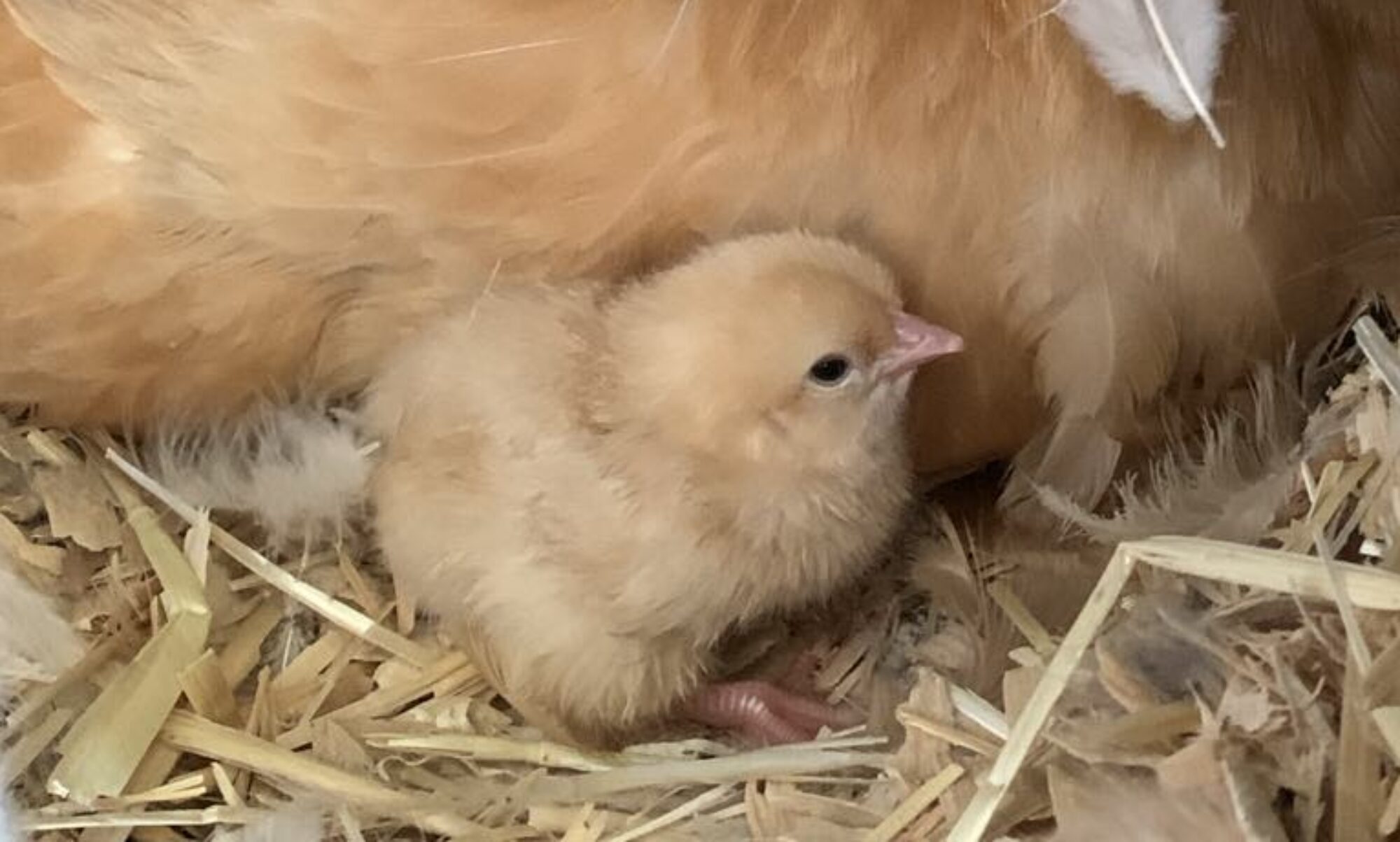Hay is not just for horses anymore!

Alfalfa is one of the predominant crops grown in the rural area where I live, and because we have horses and other farm animals, we happen to purchase a lot of it! Although we regularly feed alfalfa to our horses and other farm animals, I hadn’t ever really thought of feeding it to my chickens and geese until recently. And as I am learning, it turns out that alfalfa is actually good for a lot more things then just feeding to horses.

Apparently alfalfa is one of the oldest domesticated crops in the world and is presently grown on over 20 million acres of farmland in America. Alfalfa is part of the legume family, which was new to me. I always thought that legumes were beans and peas. Come to find out, that’s not the case. Other plants like clover, mesquite, lupine and locoweed are all part of the legume family. Not exactly what I think of when considering beans and peas.
The alfalfa plant is a perennial, living generally 4 to 8 years. It grows to a height of about 3 feet, and has a deep root system which allows it to seek out available sources of groundwater. In most areas, alfalfa can be harvested 3 to 4 times a year, but in some climates it can be harvested up to 11 times a year. The plants consist of roots, stems, leaves and small purple flowers. Following the flowers are spiraled fruits which contain 10 to 20 seeds.
The alfalfa plant is high in protein and contains a greater concentration of calcium, potassium, phosphorus, magnesium, iron, and selenium then other grass feeds. It is considered a good source of calcium for all animals. I hope that includes chickens! It is also a good source of vitamins B, C, and K, and if you happen to be looking for deep yellow or orange yolks in your chicken’s eggs, you’ll be happy to know that alfalfa is high in carotenoids which are very efficient in coloring egg yolks.
There are many articles out there on alfalfa. Some articles state that alfalfa is difficult for chickens and geese to digest and might cause crop impaction. Other articles suggested that if the long stems were chopped, they were more easily digested. And, there are still others which talk more about the nutritional benefits and don’t really mention crop impaction.
When I decided to try feeding alfalfa to my chickens and geese, I considered these possible problems along with the nutritional benefits and the availability of alfalfa during the winter months when the ground is covered in snow. Here is what I did: First I made sure that my birds had access to plenty of grit to be able to adequately digest the alfalfa. Second, the alfalfa that I fed to my birds was the clean loose leaves found on the floor of the barn around broken bales, trying to avoid the long, thick stems. Lastly, I fed the alfalfa as a part of a well rounded diet which includes a variety of grains, fruits, vegetables, greens and other appropriate food sources for chickens and geese. The pan of alfalfa leaves that I initially offered my chickens and geese was met with enthusiasm. They were so excited to see the green on their winter plates.

I continue to give my birds a couple of handfuls of alfalfa leaves with their morning meal, making sure that all feed is eaten before any additional foods are offered in the evening. I don’t want my birds to eat only alfalfa to the exclusion of the other nutritious foods they get everyday. It is my belief that no animal should be fed the same diet day in and day out. Left to nature our animals would be enjoying a variety of foods and nutritional sources. I highly doubt that my hens would make a beeline in the pasture straight to that bag of processed layer feed while passing up leaves, seeds, bugs and worms. Although I know I can’t imitate Mother Nature perfectly, I try to give it my best shot. I do believe that prepackaged feeds have their place in an animal’s diet. After all, I can’t grow and process all my animal’s feed needs, nor do I want to. Animal health, longevity and enjoying mealtime are the goals on my farm. Another bonus is that alfalfa ranges between 15% to 20% crude protein.depending on the cutting. Even though I usually give my hens the winter off from egg laying, I think that this added source of protein should help my birds stay warm and healthy through the cold and be ready for a strong egg laying season as the days get longer.
So, my plan is to continue to provide my birds with a daily dose of alfalfa leaves, at least through the winter, and monitor their health, egg laying progress and enthusiasm at the sight of green alfalfa!

Sources:
Benefits of Alfalfa for Animals – Midwest Forage Association


